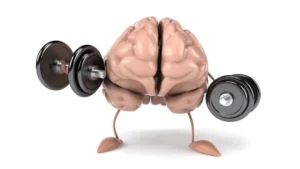Pain of Separation

Pain of Separation
📁 Referanslar
https://www.instagram.com/reel/C0jafkhtEHW/?igsh=Nml6YnFxOTNna2hm
Verhallen, A. M., Renken, R., Marsman, J. C., & Ter Horst, G. J. (2019). Romantic Relationship Breakup: An Experimental Model to Study Effects of Stress on Depression (-like) Symptoms. PLOS ONE, 14(5), e0217320. https://doi.org/10.1371/journal.pone.0217320




